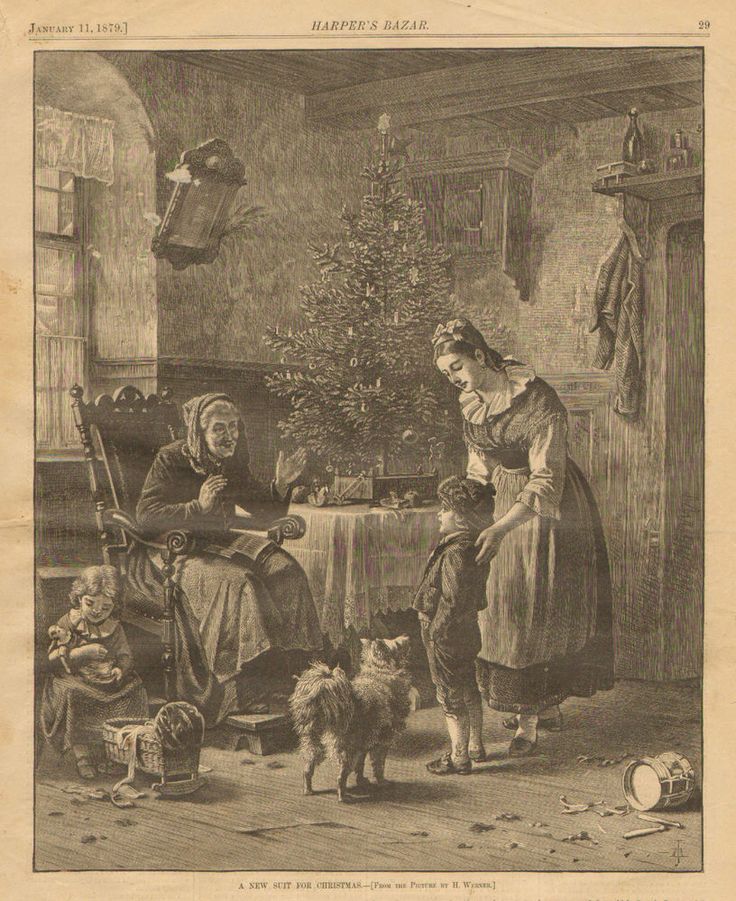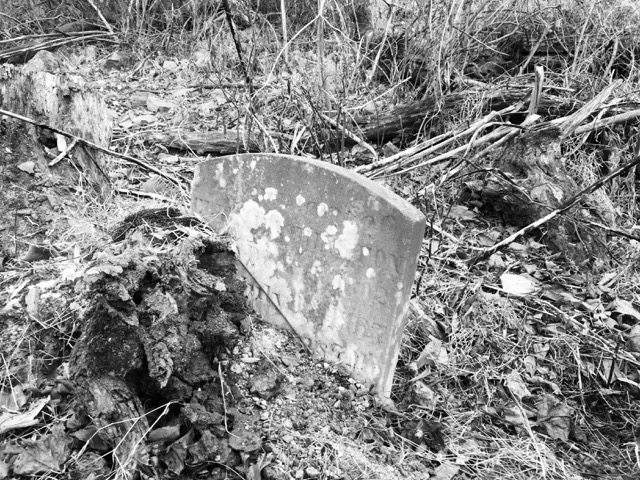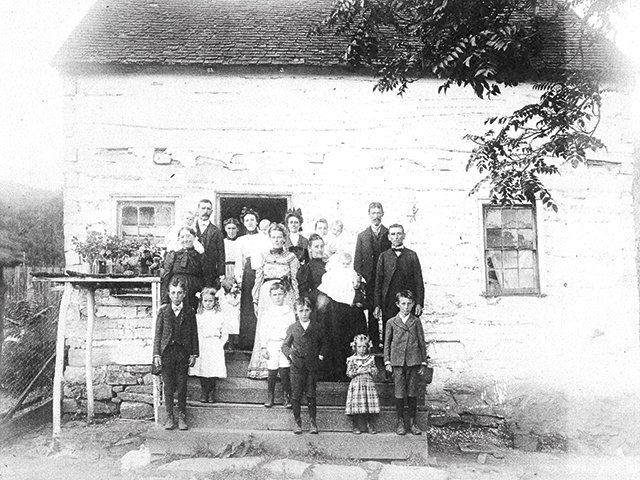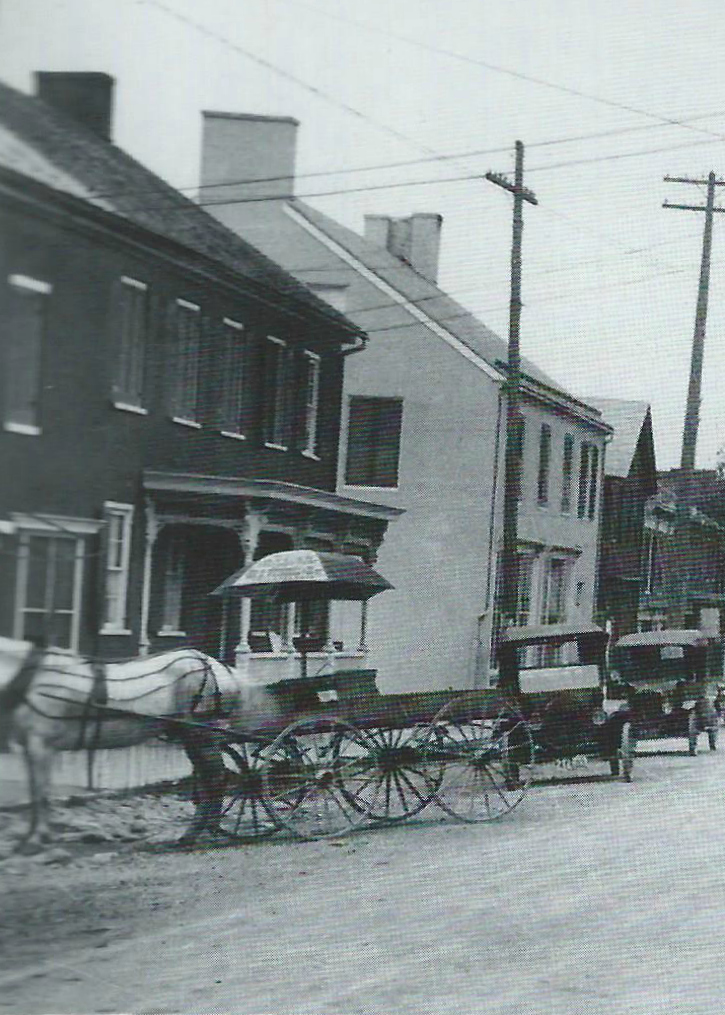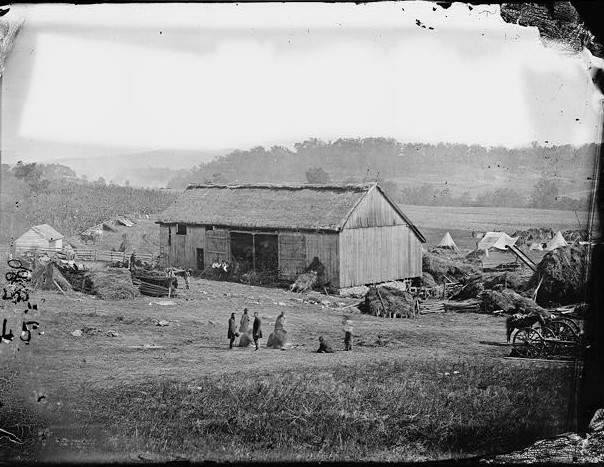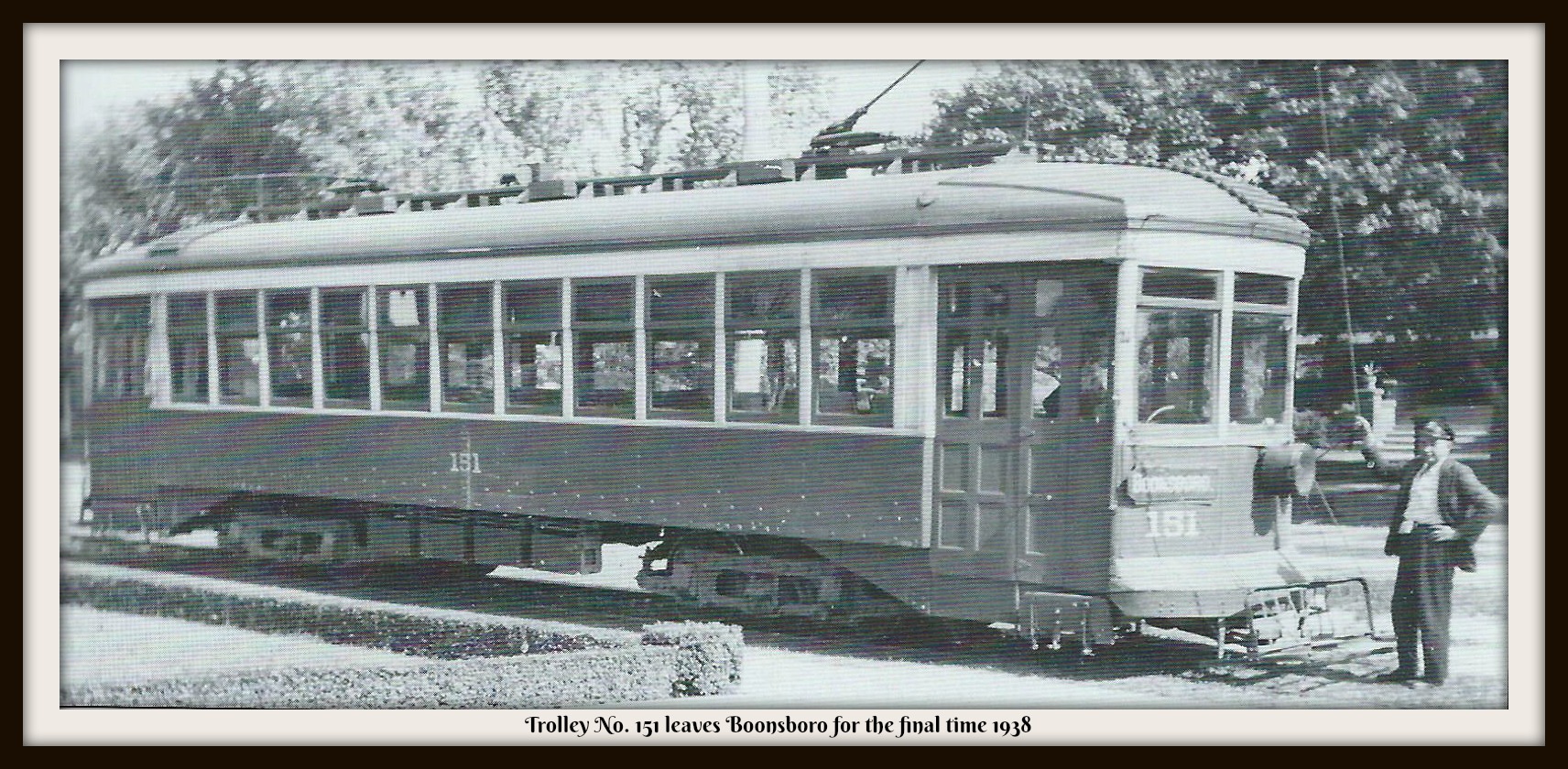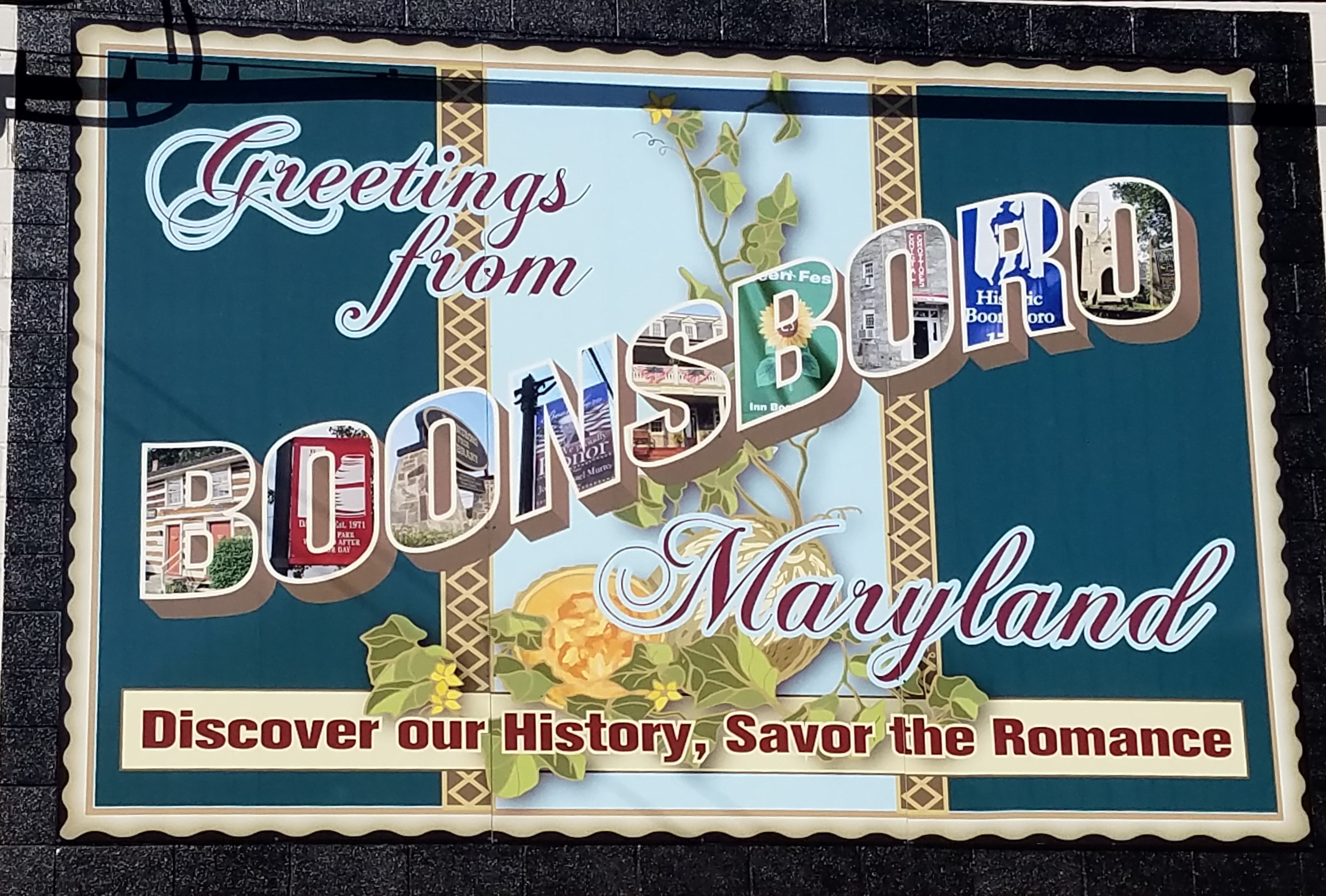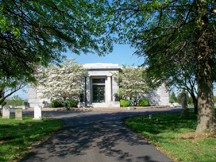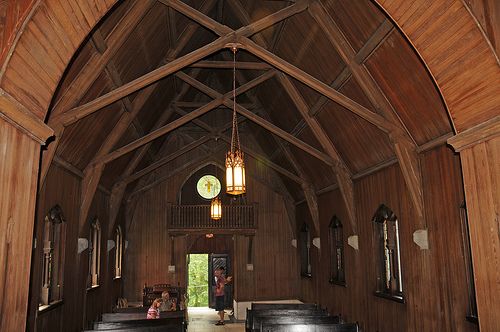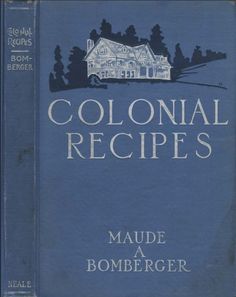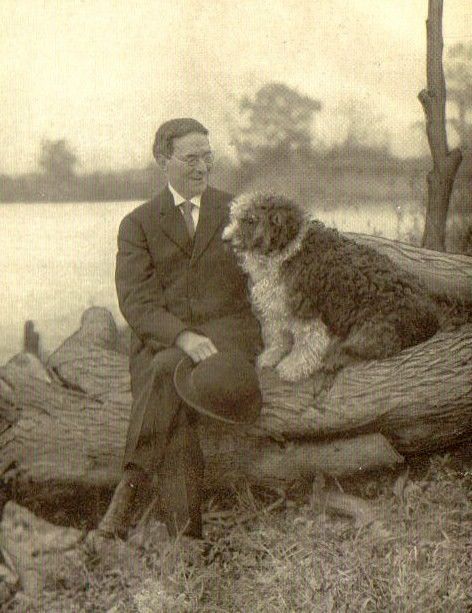Boonsboro Reflections: Boonsboro’s Christmas Past
Leisure time for the approximately 860 citizens of Boonsboro was practically nonexistent in 1879, but Christmas was celebrated with gift-giving, extravagant dinners and Christmas “exercises” at the town’s houses of worship. The Civil War, understandably, intensified...
Boonsboro Reflections: Short Hill Cemetery
Many of Boonsboro’s buildings and landmarks of the Civil War era have vanished with the relentless pressure of time, weather and human action. For example, the community that arose around the Roxbury distillery is gone, but for a few walls of the old hotel that are...
Boonsboro Reflections: The Wizard of Zittlestown
The exploration and colonization of the Americas occurred during the early modern period in history, a time when scientific understanding of the natural world was in its infancy. Settlers of the New World naturally brought family traditions and folklore with them as...
Boonsboro Reflections: Colonel French’s Narrow Escape (and Lost Dessert)
Imagine the dramas that must have unfolded in buildings that have stood at 2 South Main Street since Boonsboro’s earliest days!!! The southwest corner of the town square was first occupied by Mrs. Short's log store and was one of only 5 structures in Boonsboro in...
Boonsboro Reflections: Mayor Nyman Robbed
Certainly most soldiers of the Civil War were respectable men who served honorably. But rogues unavoidably crept into the ranks and preyed on their fellow soldiers and innocent civilians, causing suffering and chaos through their misdeeds. Local officials sometimes...
Boonsboro Reflections: Boonsboro’s First Physicians
The early settlers of Boonsboro and the surrounding areas faced the risk of injury and disease without the benefit of modern medicine. Robert Koch and Louis Pasteur first established the germ theory of disease in 1870, 82 years after the founding of Boonsboro. And...
Boonsboro Reflections: The Boonsboro Trolley
Thousands of years ago, what is now Boonsboro’s Main Street was a trail used by Eastern elk, woodland bison, deer and timber wolves as they ranged about the, yet undiscovered, New World. Native Americans would later follow the same route. Since the colonization of...
Boonsboro Reflections: The Roaring Twenties
Congress ratified the 18th Amendment on January 19, 1919, banning the manufacture, sale and transport of alcoholic beverages. But underground distilleries and saloons supplied bootlegged liquor to an abundant clientele, while organized criminal gangs fought to control...
Boonsboro Reflections: The Boonsboro Cemetery
In 1810, Trinity Evangelical Lutheran Church and Trinity Reformed Church (Church of Christ) joined together to consecrate a church building called the Salem Church on Potomac Street. Both congregations used the building for services and the surrounding land for...
Boonsboro Reflections: Dahlgren Chapel
As pioneers traveling to the western frontier passed through Turners Gap in the South Mountain range, they found rest and refreshment at an establishment now known as the Old South Mountain Inn. In 1876, just 14 years after the Battle of South Mountain erupted at...
BOONSBORO REFLECTIONS: COLONIAL RECIPES
Maude Bomberger (1868-1946) was born to Moses and Laura Brining Bomberger. Her father’s first wife, Annie Smith Bomberger died in 1861 shortly after the 1860 birth of Harvey Smith Bomberger, the famous son of Boonsboro. Maude was an energetic, talented and...
Boonsboro Reflections: Over the Mountain
Folger McKinsey was known as the Bentztown Bard when he served as columnist, writer and poet for the Baltimore Sun. A protégé and friend of Walt Whitman, McKinsey contributed his “Good Morning” column to The Sun five days a week from 1906 to 1948. He was eulogized...

